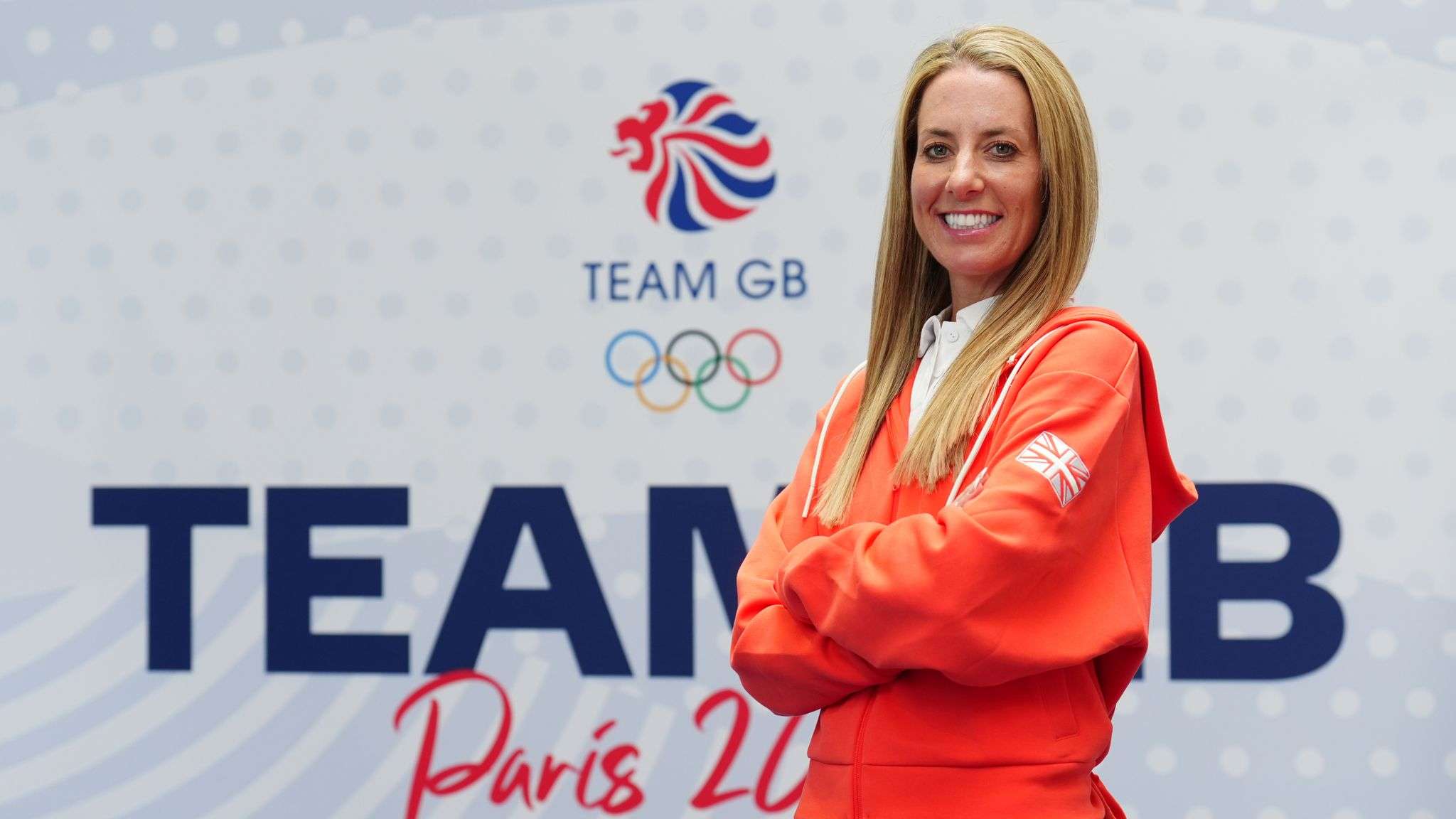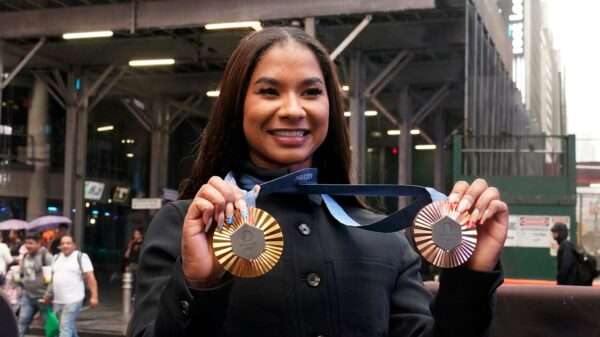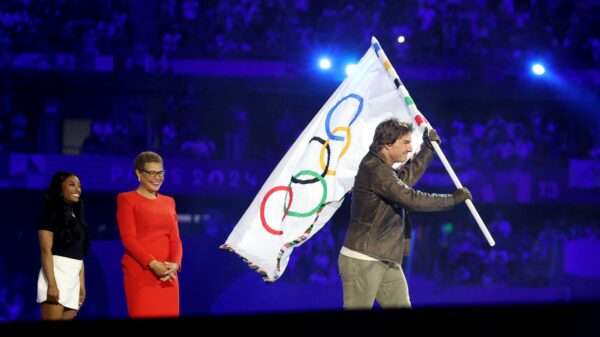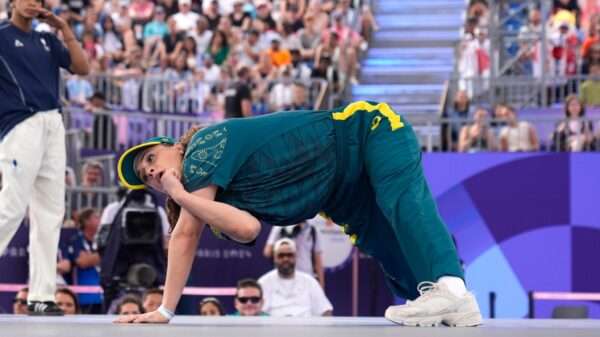Charlotte Dujardin, a prominent figure in British equestrian sports, has made the surprising decision to withdraw from the upcoming Paris Olympics. The announcement has stirred significant attention, particularly due to the reasons cited for her withdrawal. Dujardin, celebrated for her remarkable achievements in dressage, including three Olympic gold medals, finds herself embroiled in controversy over an incident involving the use of a whip on her horse.
The controversy arose from allegations that Dujardin whipped her horse 24 times during a training session. The use of a whip in equestrian sports is a sensitive and often debated topic, with strict rules in place to ensure the welfare of the animals. The governing bodies of the sport, as well as the public, scrutinize such actions closely, given the importance of ethical treatment of animals in competitive events. Reports suggest that the incident was thoroughly reviewed, leading to Dujardin’s decision to step back from the competition.
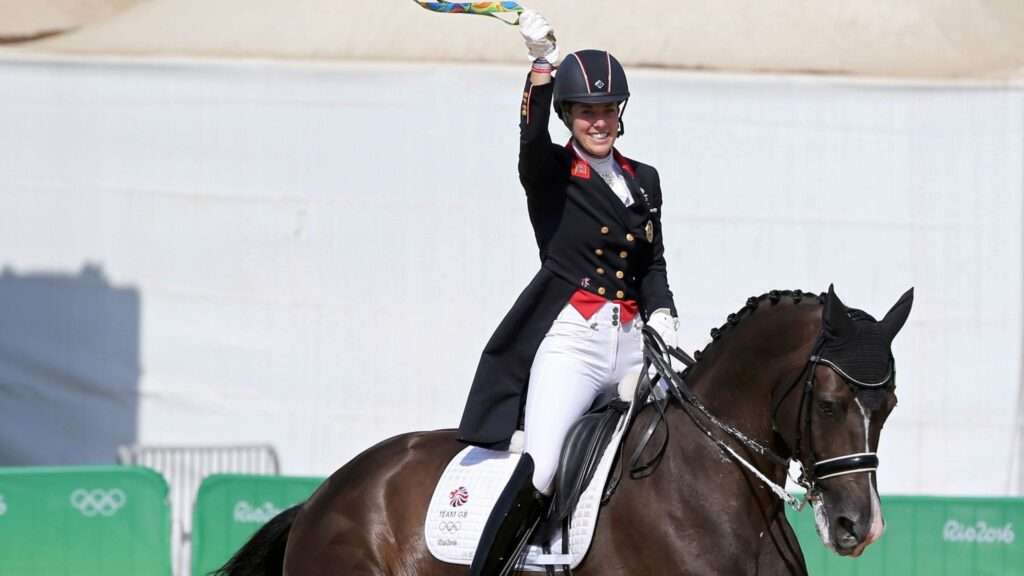
In her statement, Dujardin expressed regret over the incident, highlighting her commitment to the well-being of her horses. She acknowledged the gravity of the situation and the responsibilities she holds as an athlete in the public eye. Dujardin emphasized that her actions, though unintentional, could be seen as crossing the line of acceptable conduct in the sport, thereby necessitating her withdrawal to maintain the integrity of her career and the sport.
This development has sparked a broader conversation within the equestrian community and beyond. The use of whips in horse riding, particularly in competitive contexts, has been a contentious issue, with many advocating for stricter regulations or even a ban on the practice. While proponents argue that the whip, when used correctly, is a tool for communication and not punishment, critics maintain that any form of physical compulsion is inhumane.
Dujardin’s case serves as a reminder of the delicate balance athletes must maintain between training rigorously and ensuring the humane treatment of animals. As a figurehead in her sport, her actions and decisions are under constant scrutiny, making her choice to withdraw a significant statement about her values and the standards she wishes to uphold.
The incident also underscores the broader ethical considerations in sports, where the welfare of participating animals must be a priority. Equestrian sports, in particular, face unique challenges in this regard, as the relationship between rider and horse is central to the discipline. Ensuring that this relationship is based on mutual respect and humane treatment is essential for the sport’s integrity and public perception.
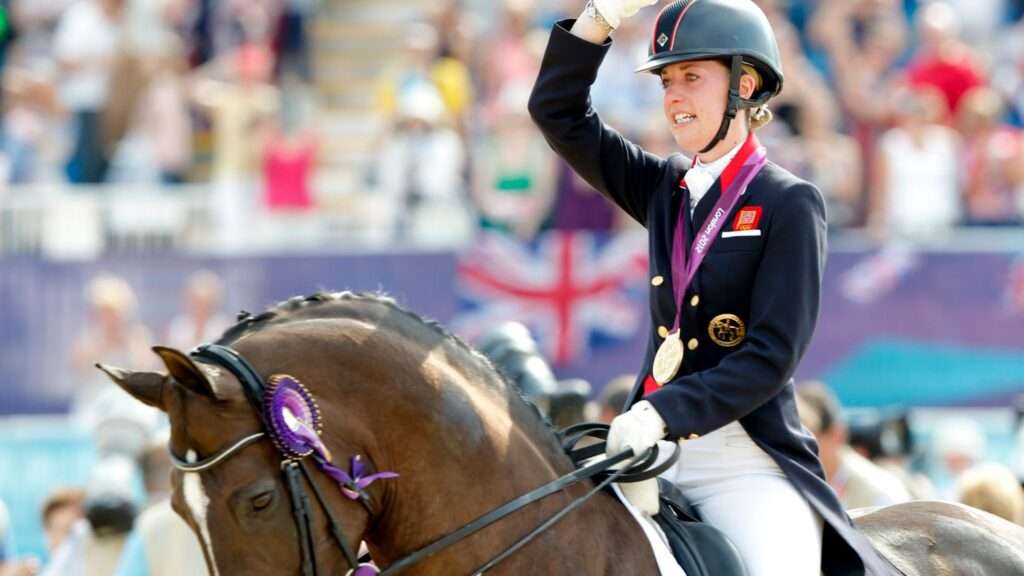
As the equestrian world and its governing bodies reflect on this incident, there may be increased calls for reviewing and potentially tightening the rules surrounding the use of whips and other training aids. Dujardin’s withdrawal could serve as a catalyst for broader reforms aimed at enhancing animal welfare in competitive equestrian sports.
While this episode marks a challenging period in Dujardin’s illustrious career, it also presents an opportunity for growth and reflection, both personally and within the sport. Her decision to prioritize ethical considerations over competition demonstrates a commitment to the core values of sportsmanship and respect for animal welfare. The equestrian community and sports enthusiasts will undoubtedly watch closely as Dujardin navigates this complex situation, and as the sport as a whole addresses the issues raised by this incident.
































